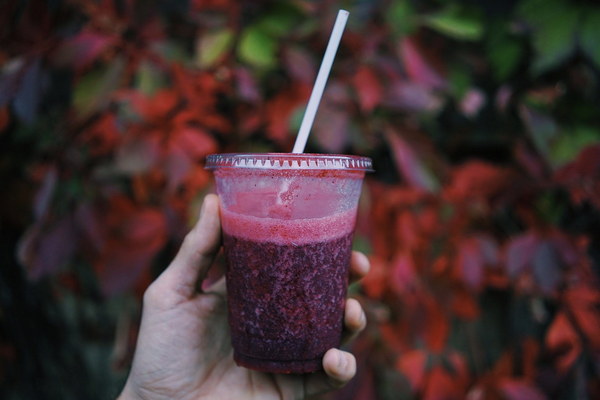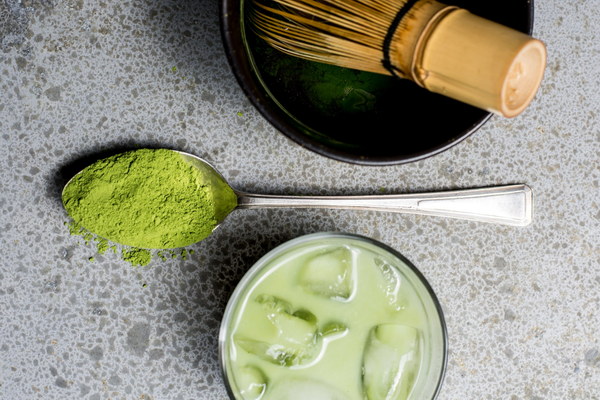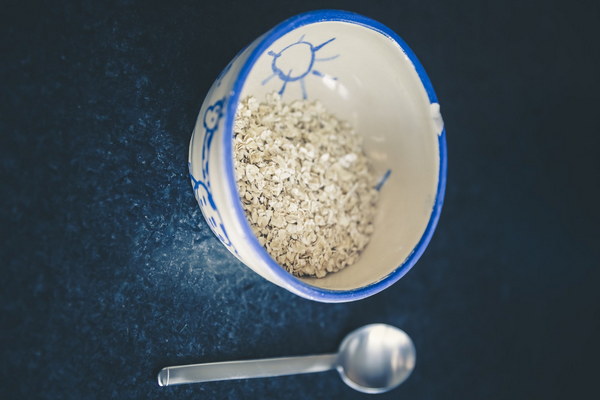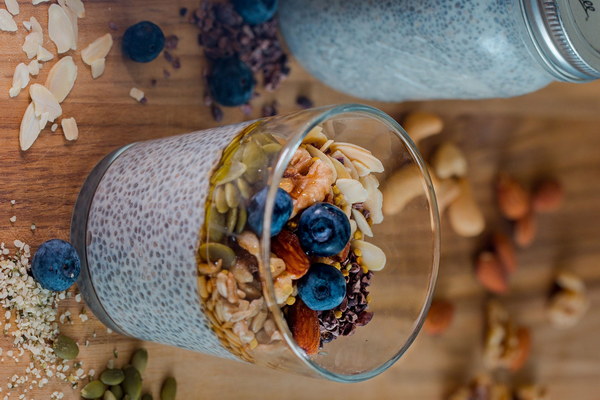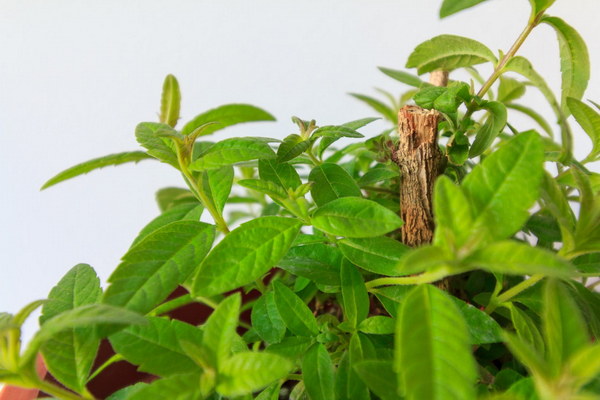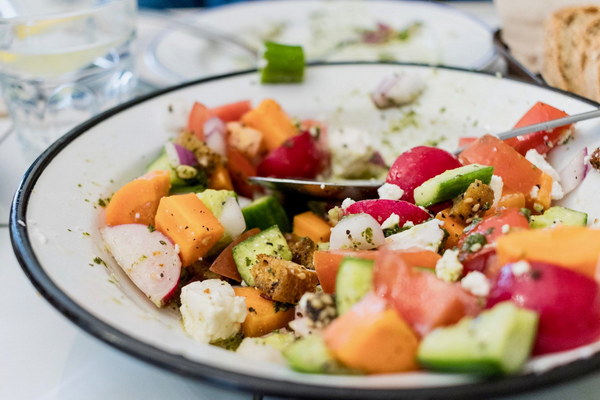Understanding Traditional Chinese Medicine A Comprehensive Guide to Dietary Herbs and Medicinal Cuisine
Traditional Chinese Medicine (TCM) is an ancient system of healthcare that has been practiced for thousands of years. One of the key components of TCM is the use of dietary herbs and medicinal cuisine. These practices aim to maintain and restore balance in the body by utilizing the natural properties of various herbs and foods. In this article, we will explore the concept of dietary herbs and medicinal cuisine, their significance in TCM, and how they can be incorporated into everyday life.
Dietary herbs are natural substances that are used in the preparation of food and are believed to have medicinal properties. They are often included in recipes to enhance the flavor of dishes while providing health benefits. These herbs are categorized based on their properties, such as cooling, warming, or neutralizing, and are chosen to complement the individual's specific needs.
Medicinal cuisine, on the other hand, refers to a broader category that includes not only dietary herbs but also other natural ingredients, such as fruits, vegetables, grains, and animal products. The aim of medicinal cuisine is to create balanced and nourishing meals that promote overall health and prevent disease.
The significance of dietary herbs and medicinal cuisine in TCM lies in their ability to address the root cause of illness rather than merely treating symptoms. TCM practitioners believe that the body is a harmonious system, and any imbalance can lead to disease. By incorporating dietary herbs and medicinal cuisine, individuals can restore this balance and improve their overall well-being.
Some common dietary herbs used in TCM include:
1. Ginseng: Known for its adaptogenic properties, ginseng is believed to boost the immune system, enhance energy levels, and improve cognitive function.
2. Astragalus: This herb is commonly used to strengthen the immune system, support respiratory health, and increase energy levels.
3. Goji berries: These berries are rich in antioxidants and are believed to improve immune function, enhance vitality, and support eye health.
4. Turmeric: A spice with anti-inflammatory properties, turmeric is often used to treat arthritis, improve digestion, and support liver health.

5. Green tea: This popular beverage is known for its high content of antioxidants and is believed to aid in weight loss, reduce the risk of cancer, and improve cardiovascular health.
To incorporate medicinal cuisine into your daily diet, consider the following tips:
1. Experiment with various dietary herbs and spices: Add a pinch of turmeric to your morning eggs or a tablespoon of goji berries to your yogurt for a healthy boost.
2. Choose whole, organic ingredients: Opt for fresh, locally sourced produce to maximize the nutritional value of your meals.
3. Prepare balanced and nourishing dishes: Include a variety of food groups, such as vegetables, grains, legumes, and lean proteins, to ensure a well-rounded meal.
4. Consult with a TCM practitioner: If you have specific health concerns or conditions, it is best to seek guidance from a qualified TCM practitioner who can recommend appropriate dietary herbs and medicinal cuisine.
In conclusion, dietary herbs and medicinal cuisine play a vital role in traditional Chinese medicine. By understanding the properties and benefits of these natural ingredients, individuals can take an active role in their health and well-being. Incorporating medicinal cuisine into your daily diet can lead to a more balanced and harmonious life, allowing you to thrive in the modern world while embracing the wisdom of ancient healing practices.
